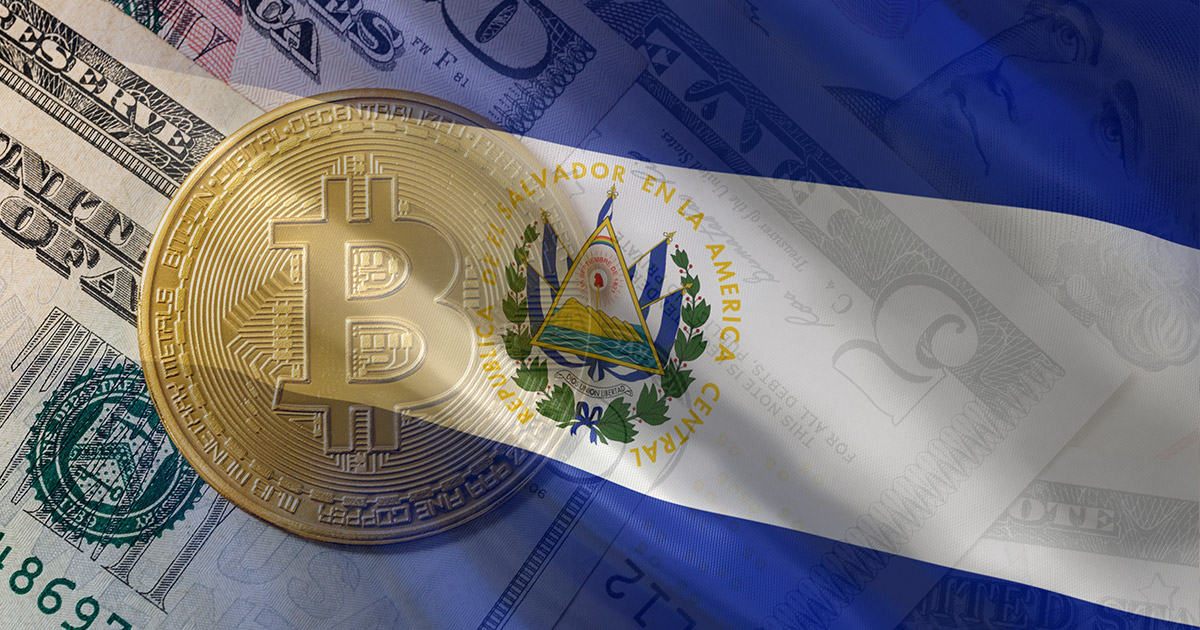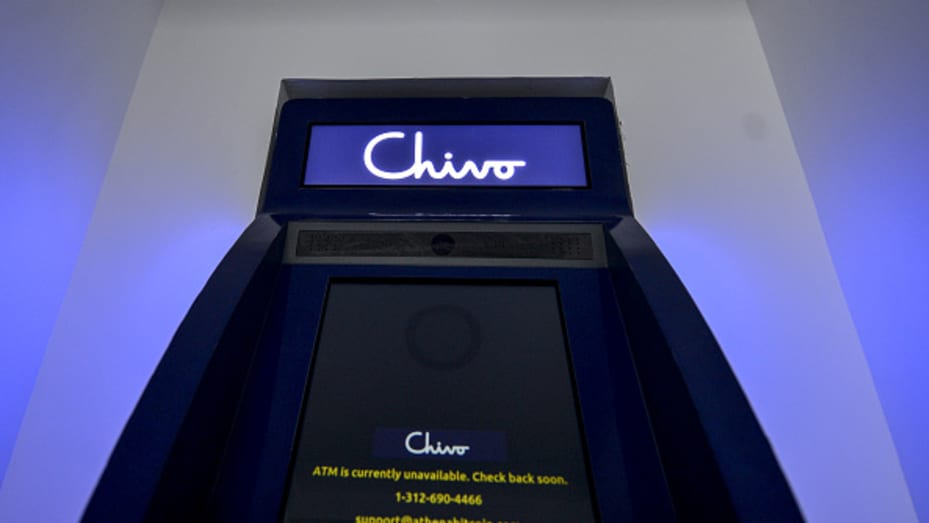
CNBC가 전한 소식이다.
엘살바도르는 현재 가장 많이 통용되는 암호화폐인 비트코인을 공식 채택하기 하루 전에 약 2,090만 달러 상당을 구입했다.
지난 월요일 나이브 부켈레(Nayib Bukele) 대통령은 국가에 디지털 통화를 채택하려는 첫 노력으로 총 400 비트코인을 구매했다고 트윗을 남겼다. 트윗 당시 비트코인 가격은 약 2,090만 달러에 달했다.
“우리의 중개인은 마감일이 다가옴에 따라 더 많이 매수할 것이다”라고 그는 밝혔다. 비트코인 가격은 트윗 이후 상승했으며 화요일 오전 12시 16분(현지 시간)에 약 52,681.85 달러에 거래되었다.
엘살바도르는 비트코인을 미국 달러와 함께 사용할 수 있는 법적 통화로 인정한 최초의 국가이다. 전 세계의 암호화폐 지지자들과 비평가들은 이러한 전례없는 실험에 관심을 갖고 지켜보고 있다.
부켈레 대통령의 발표는 비트코인의 중요한 이정표가 되었다. 엘살바도르는 이제 공식적으로 비트코인을 대차대조표에 올려놓고 보유하고 있는 최초의 국가이다. 다만, 이러한 정책은 국가 내에서 큰 비판을 불러일으켰다. 아메리칸 센트럴 대학교(Central American University)에서 조사한 엘살바도르인의 거의 70%가 비트코인을 법정화폐로 채택하기로 한 행정부의 결정에 동의하지 않았다.

그러나 엘살바도르의 움직임을 지지하는 사람들은 비트코인에 대한 수용이 증가하며 다른 국가들도 이러한 흐름에 따를 것이라고 말한다. 또한, 엘살바도르 정부는 시민의 약 70%가 전통적인 금융 서비스에 접근하지 못한다며 국가 차원에서 금융 포용을 강화하기 위해 해당 조치를 취한 것이라고 밝혔다.
세계 은행(World Bank)에 따르면 해외에서 엘살바도르로 보내지는 돈은 엘살바도르 국내총생산(GDP)의 24% 이상을 차지하기에 엘살바도르 경제가 해당 조치의 영향을 크게 받을 것으로 보고 있다.
해당 법으로 인해 엘살바도르 내 가격 표기는 비트코인으로 진행되고, 세금 등을 디지털 통화로 지불하도록 허용되며, 비트코인 거래소는 양도소득세 적용을 받게 될 예정이다.
엘살바도르는 시민이 비트코인을 거래하기 위해 국가 아이디로 가입할 수 있는 치보(Chivo)라고 불리는 지갑 앱을 출시했다. 비트코인 사용을 늘리기 위해 해당 앱의 사용자에게 30달러 상당의 비트코인을 지급하는 정책도 추진 중에 있다.
지난 화요일 엘살바도르 의회는 비트코인을 미국 달러로 쉽게 전환할 수 있도록 1억 5천만 달러의 기금을 조성하는 법안을 통과시켰다. 다만, 비트코인은 때때로 급격한 변동성을 갖고 있어 통화로서의 효율성에 대한 우려가 크게 있는 상태이다.
데이터 플랫폼 체이널리시스(Chainalysis)의 수석 이코노미스트 필립 그래드웰(Philip Gradwell)은 “비트코인은 실제 교환 수단으로 설계된 것이 아니기에 이것은 통화에 대한 초기 실험”이라고 말하며 “엘살바도르 시민의 주요 비트코인 사용 용도는 송금과 저축이 될 것이며, 국가는 이후 달러화에 대한 경쟁이 되기 위해 비트코인을 선점한 것이라고 생각한다”고 덧붙였다.
El Salvador bought roughly $20.9 million worth of bitcoin, one day before it formally adopts the world’s most popular cryptocurrency as legal tender.
In a series of tweets Monday, President Nayib Bukele revealed that the country had purchased a total of 400 bitcoin, the first step in a larger push to add the digital currency to its balance sheet.
The tweets were posted a few hours apart. Based on the bitcoin price at the time of the tweets, the amount of the digital coin purchased totaled roughly $20.9 million.
“Our brokers will be buying a lot more as the deadline approaches,” he wrote.
The price of bitcoin rose following the tweets and was trading at around $52,681.85 at 12:16 a.m. ET Tuesday.
The posts came hours before El Salvador’s bitcoin law, which was passed in June, took effect Tuesday. El Salvador is the first country to accept bitcoin as legal currency, which will work alongside the U.S. dollar. Proponents and critics around the world will be watching to see how this unprecedented experiment plays out.
Bukele’s announcement marks a major milestone for bitcoin. El Salvador is now the first country to have officially put bitcoin on its balance sheet and hold it in its reserves.
But the policy has drawn criticism across the country. Nearly 70% of Salvadorans surveyed by the Central American University disagreed with the administration’s decision to adopt bitcoin as legal tender. Many were also unsure of how to use the digital currency.
Supporters of El Salvador’s move say that it indicates growing acceptance of bitcoin and that other countries could follow. The Salvadorian government hopes it will boost financial inclusion in a country where around 70% of citizens do not have access to traditional financial services, according to the bitcoin law.
Remittances, or the money sent home by migrants, is also important for the economy, accounting for more than 24% of El Salvador’s gross domestic product, according to the World Bank.
The legislation allows prices to be displayed in bitcoin, tax contributions to be paid with the digital currency, and exchanges in bitcoin will not be subject to capital gains tax.
El Salvador launched a wallet app called Chivo which citizens can sign up for with a national ID in order to transact using bitcoin. Users will receive $30 worth of bitcoin when they sign up in a push to speed up adoption.
Last Tuesday, the Congress in El Salvador passed a law to create a $150 million fund to help facilitate conversions from bitcoin to U.S. dollars.
But bitcoin is known for wild volatility at times, raising concerns about its effectiveness as a currency.
“Bitcoin isn’t really designed to be a means of exchange so this is an early experiment for the currency,” Philip Gradwell, chief economist at data platform Chainalysis, told CNBC’s “Capital Connection.”
“I think the main use in El Salvador is really going to be around remittances and people using it to save some wealth and really perhaps just to be some competition to the dollar in the country.”
![]()




![[B와 D사이의 C] 2024년은 엔화가 부활한다?](https://mobiinsidecontent.s3.ap-northeast-2.amazonaws.com/kr/wp-content/uploads/2023/12/11102905/20231211_102853-218x150.png)
![[외신] 미국 연방준비제도이사회 금리 인상 중단은 달러에 어떤 영향을 미칠까?](https://mobiinsidecontent.s3.ap-northeast-2.amazonaws.com/kr/wp-content/uploads/2023/06/19134240/GettyImages-1486300732-218x150.jpg)
![[외신] 최근 3개월 내 최고치 도달한 비트코인, 다시 암호화폐는 상승세를 탈까?](https://mobiinsidecontent.s3.ap-northeast-2.amazonaws.com/kr/wp-content/uploads/2021/08/23203004/901440-cryptocurrency-218x150.jpg)